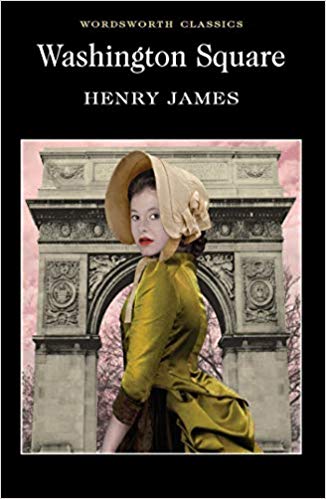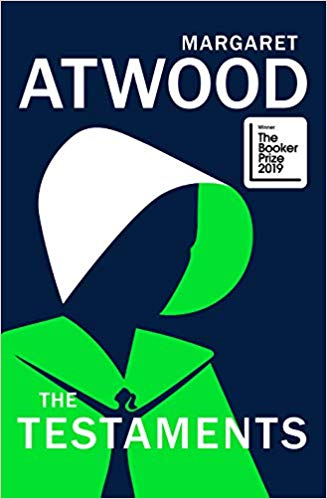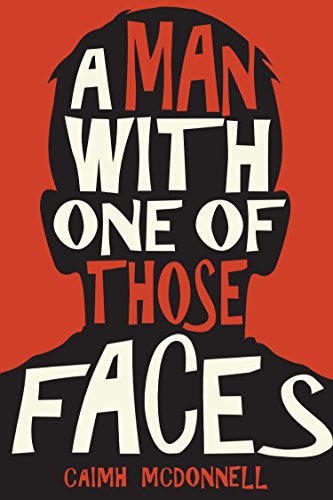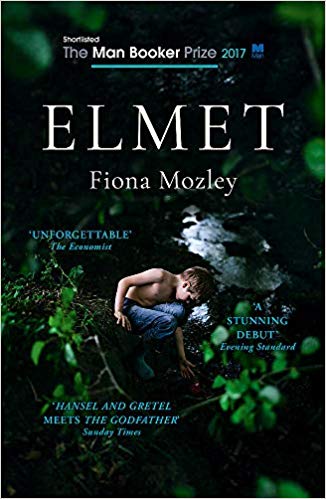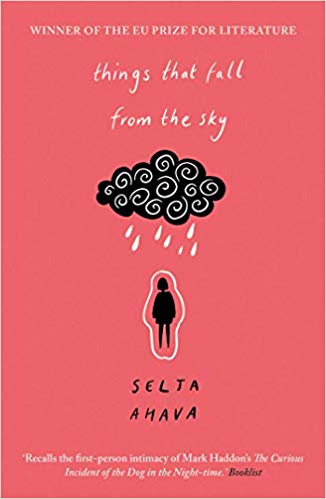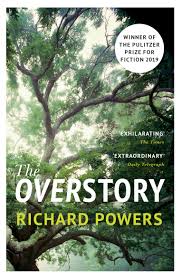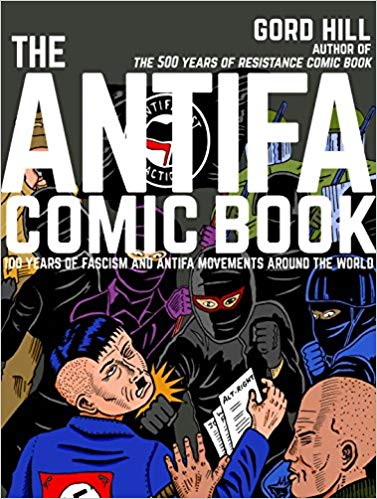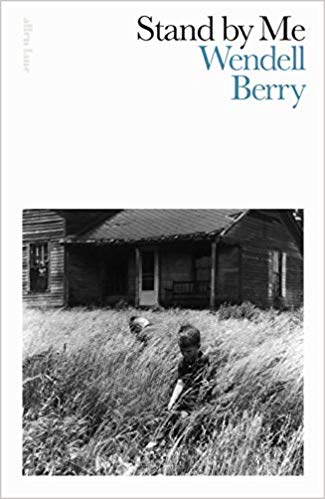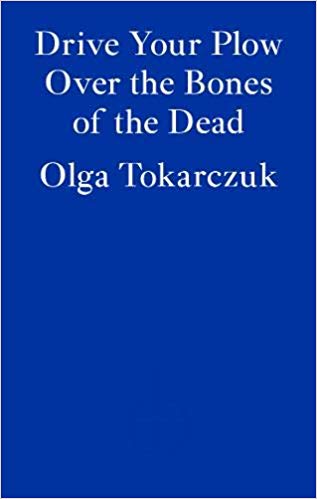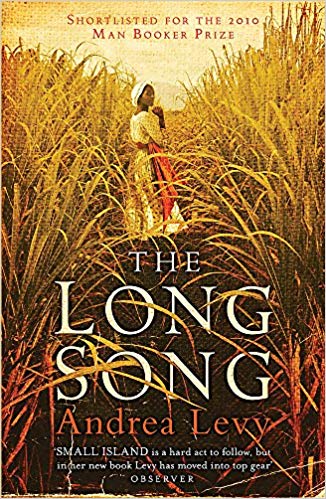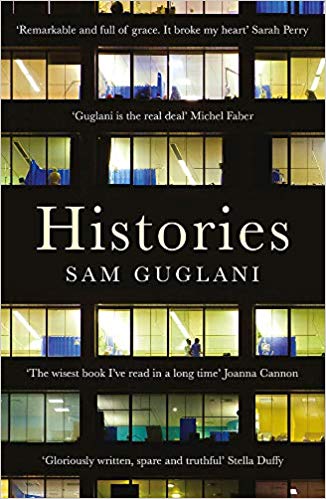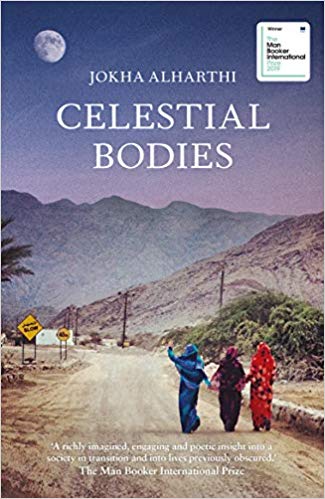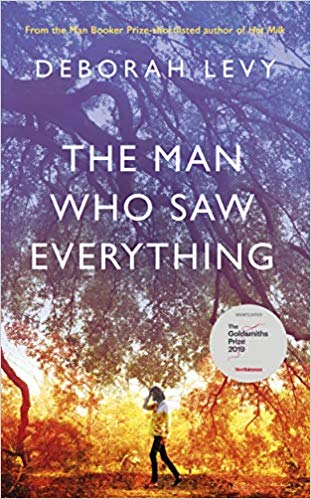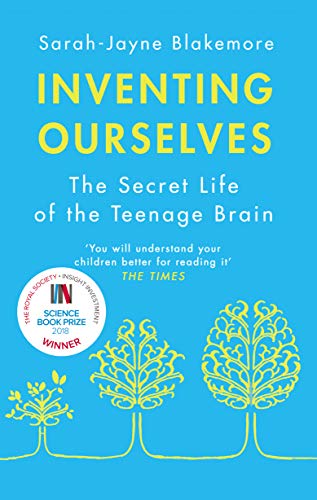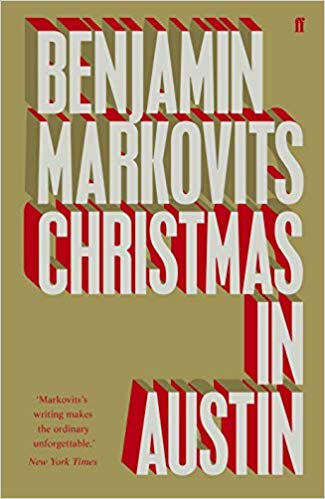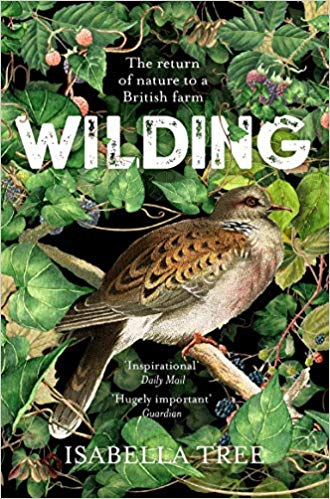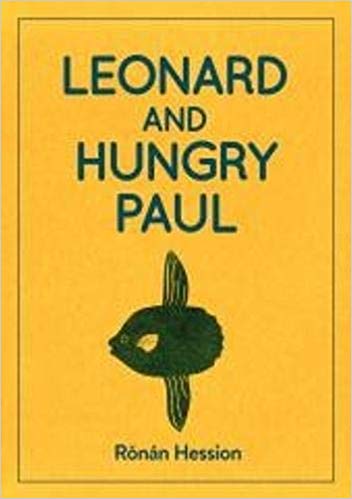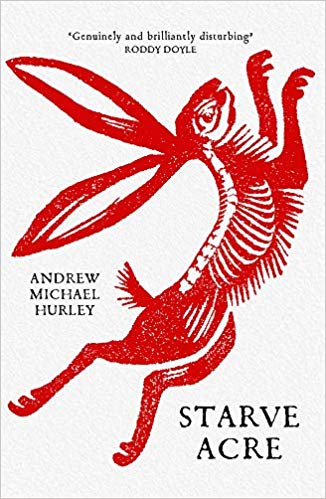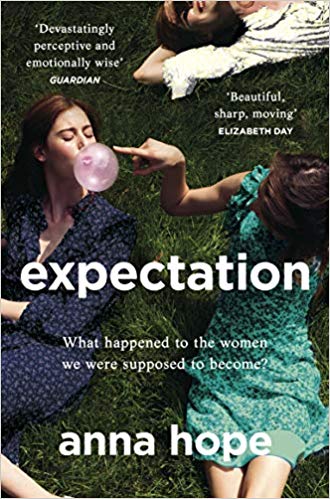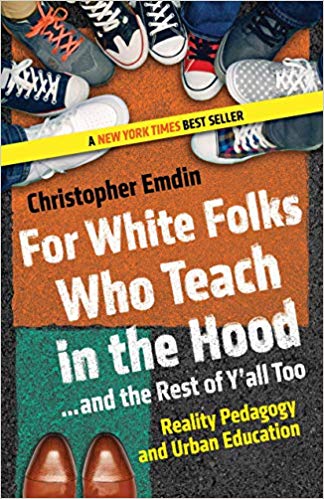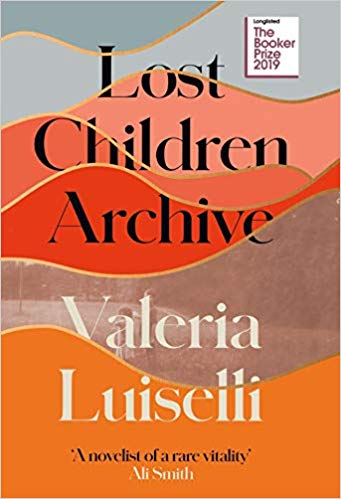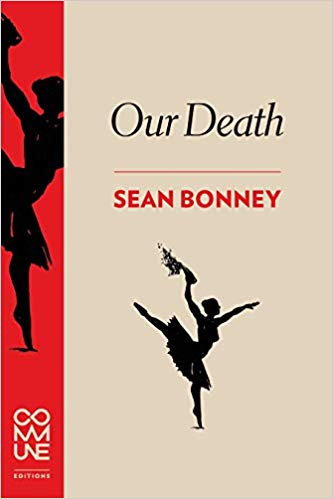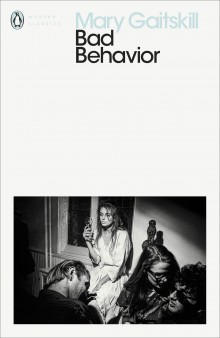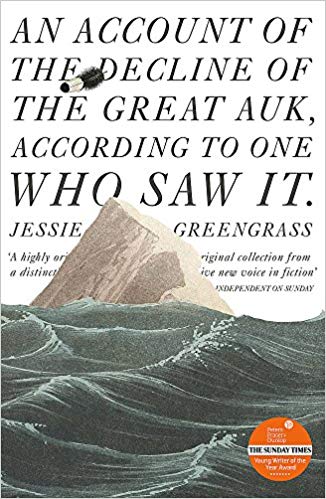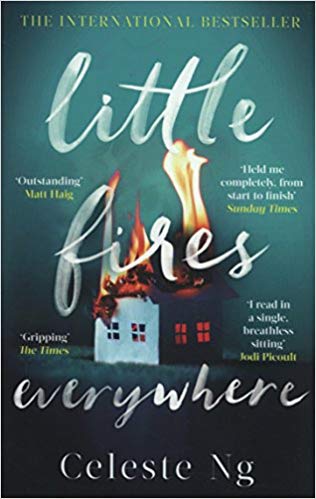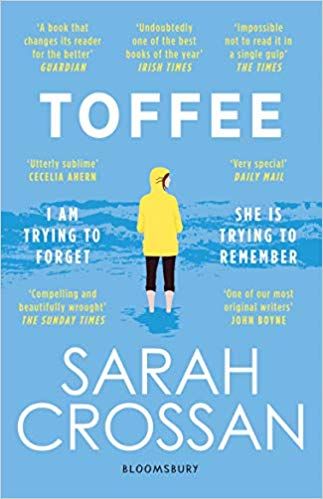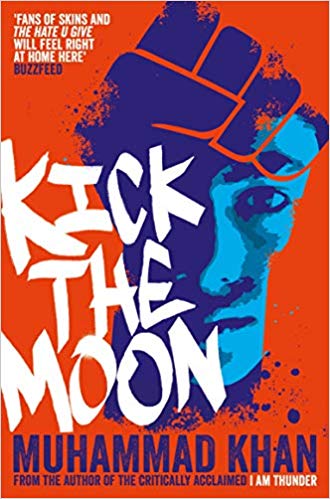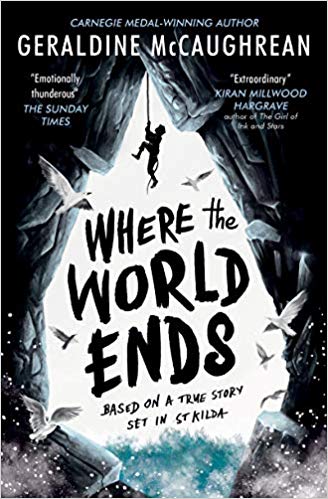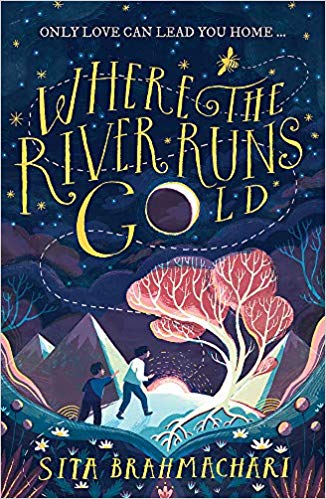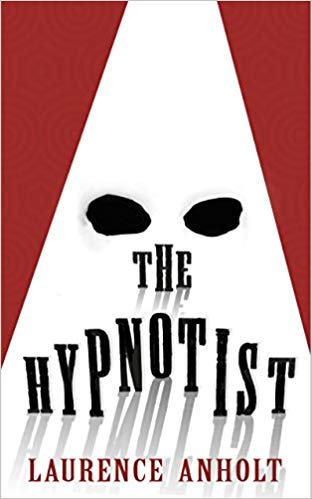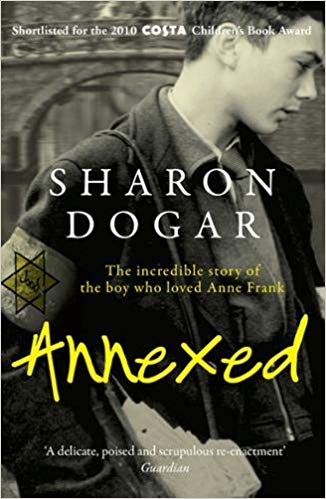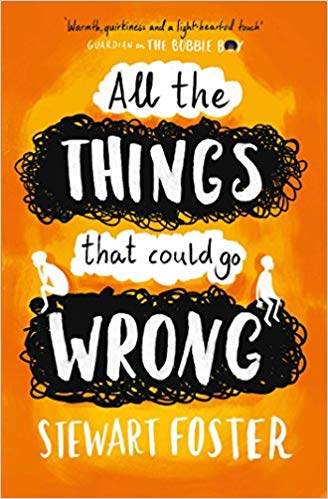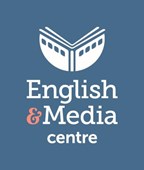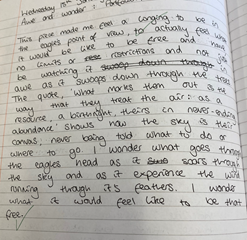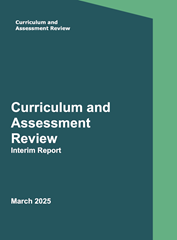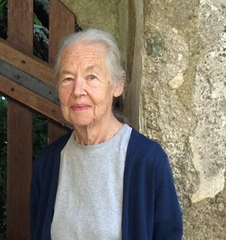This has created the phenomenon known as the jólabókaflóð, or Christmas book flood, as publishers rush to bring out their new books in time for the Christmas season.
Apparently, the tradition began when severe restrictions on imports during WW2 caused a gift buying problem. Non-imported books were freely available and became a common Christmas gift. These days Iceland is a nation of readers, publishing more books per capita than any other country, with numerous book groups and bookshops. If only it wasn’t so cold…
Let us help you start your own Christmas book flood with these recommendations from EMC staff. As usual these are not necessarily recently published but represent a snapshot of the books we have most enjoyed in the last few months.
Ducks, Newburyport
By Lucy Ellman
On my goodness! What an amazing book. This is the most wonderful, absorbing and thought-provoking read. It is a long read (over 1000 pages) and the main narrative doesn’t have any full stops – but it is also incredibly easy to read – and sort of live within.
America is Not the Heart
By Elaine Castillo
One of those sprawling, multi-generational tales which create a world of their own peopled with characters you get to know and love. I was astonished to discover that this was a debut novel, moving easily as it does across time and cultures, giving a wonderfully rich depiction of both the Philippines and a Filippino community in California in the 1980s. It took me a long time to read, but has also stayed with me for a long time.
Washington Square
By Henry James
There’s nothing like a brilliant nineteenth century novel to get the heart racing – and in my case, Henry James does it for me every time. Clever, ironic, heart-breakingly cruel, it manages to be a page turner, psychological study and highly crafted jewel of a text, where every single word counts. Pure pleasure!
The Book of Flora
By Meg Elison
This is the final part of Elison's 'Book of the Unnamed Midwife' trilogy and offers a bit more hope and promise than the bleak opener. We're still in a world where women are in a tiny - often hunted and enslaved - minority after a deadly disease has swept the globe, but with this instalment we are starting to see society rebuild itself in new ways, adapting as individuals and communities, trying to find some way forward. The whole trilogy is an excellent read, with sharp thinking about gender, sexuality and power.
The Confessions of Frannie Langton
By Sara Collins
Recommended to me by Di Leedham, I thought I was in for a re-telling of Wide Sargasso Sea only to discover that I was reading a completely different story but one that had not been told and needed to be told. About a slave woman, set in both the Caribbean and London, it combines an exciting plot, gothic mood, powerful themes and compelling characters to create something that fizzes with energy. Great that it’s been shortlisted for the Costa!
The Testaments
By Margaret Atwood
It might be a bit of an obvious choice, but Atwood's sequel to The Handmaid's Tale is great. It's not a literary masterpiece but it's a well-told, well-structured and satisfying return to the horrors (and unlikely hopes) of Gilead, made all the more chilling by the 30+ years of social and political change that's happened in the real world: a real world that looks increasingly like it's teetering on the brink of becoming Gilead itself.
A Man with One of Those Faces
By Caimh McDonnell
When you need a quick, fun read, try this. It’s a crime story played for laughs without detracting from a proper plot, and the Irish dialogue sparkles.
Elmet
By Fiona Mozley
I loved this book for its melding of different styles and genres and its closely textured, lyrical writing. It combines realism with elements of the folkloric, the mythological, the gothic and noir. But be assured – this is no tricksy read. The storyline is powerful and the narrator, a boy whose world is falling apart, provides an unusual and engaging perspective.
Things That Fall From The Sky
By Selta Ahava
Translated from Finnish, this is a strange, spare, almost child-like story exploring the passing of time, grief and coincidence.
The Overstory
By Richard Powers
That rare thing: a novel that can change your life. The stories of nine individuals merge in their shared passion for understanding and saving trees. So committed are they, so rich the portrayals, you can’t help but think as a reader that you can lead a better life.
The Antifa Comic Book
By Gord Hill
As an antidote to dystopian fiction (and the sadly non-fictional rise of the far-right), you could try Gord Hill's comic book history of anti-fascism. It's a history lesson and clear statement of intent for the future that pulls no punches and explains why the lessons of history need to be learnt if we're going to avoid reliving them.
Stand By Me, The World-Ending Fire, The Peace of Wild Things
By Wendell Berry
Penguin have done a brilliant job recently of bringing to attention the work of farmer, writer and thinker, Wendell Berry. The interlinked stories gathered in Stand By Me are the best place to start. Reminiscient of Kent Haruf’s work in their quiet intensity, they span over a century in time, tracking profound changes in rural Kentucky through a handful of recurring characters. The poems in The Peace of Wild Things explore similar territory, as do the essays, many years ahead of their time in their defence of the environment and criticism of intensive farming methods.
Drive Your Plough Over the Bones of the Dead
By Olga Tocarczuc
The bitterly cold setting seems appropriate for Christmas. If I tell you this has a quirky protagonist on the trail of a murderer, you might imagine a certain kind of book. If I also tell you that the murder might have been committed by a herd of deer, that the protagonist is translating Blake, that she looks into a kitchen drawer and says wistfully ‘I would really like to be one of those Utensils’ you will begin to get a better sense of what you are in for. Polish International Man Booker winner Tocarczuc delivers an eccentric, anarchic tale which is both tongue-in-cheek and deadly serious.
The Long Song
By Andrea Levy
A vibrant, shocking and bitterly funny story of the final days of slavery – and the first days of ‘freedom’ in Jamaica, told through the wickedly engaging voice of July.
Histories
By Sam Guglani
Short stories set in a hospital over a week, told from the perspective of the different people who work there – from consultant to chaplain, junior doctor to porter.
Celestial Bodies
By Jokha Alharthi.
Winner of the Man Booker International Prize that relates the modernisation of Oman through the lives of three women and their families. Expertly structured novel featuring a wide, rich cast.
The Man Who Saw Everything
By Deborah Levy
On the one hand a story of a young academic travelling to East Berlin in the 80s just before the fall of the Berlin Wall; on the other a surreal and destabilising tale in which remembered and imagined events impose themselves on reality. Written in Levy’s compelling high-fever style.
Inventing Ourselves: the Secret Life of the Teenage Brain (Non-fiction)
By Sarah-Jayne Blakemore
Blakemore’s expertise shines through in this layperson’s tour of the teenage brain through the lens of recent research. Full of insights teachers might find interesting and useful.
Wilding
By Isabella Tree.
What happens when intensively farmed land in Sussex is given over to to nature, and a less intense form of agriculture. A compelling argument for changing the way that at least some of the UK’s land is used.
Christmas in Austin
By Benjamin Markovitz
The follow up to A Weekend in New York. Perfect for Christmas if you enjoy being pulled into the lives, relationships and angsts of families at Christmas (and might want to escape your own family for a bit).
Leonard and Hungry Paul
By Ronan Hession
A quiet, surprisingly absorbing tale of friendship between two men who don’t quite fit in.
Starve Acre
By Andrew Michael Hurley
Desperate griefs, desperate needs haunt this slim novel just as much as the malign, supernatural presences.
The Dark Dark
By Samantha Hunt
Let’s not forget that the season of good cheer is also, traditionally, a time for ghost stories. Hunt’s short stories are not ghost stories as such, but sidelong glances at the liminal, the spooky and the just plain weird aspects of the most ordinary of lives. I didn’t like all of them, but really liked enough of them to recommend the collection.
The Electricity of Every Living Thing: A Woman’s Walk in the Wild to Find Her Way Home
By Katherine May
An account of walking the South West Coast Path while working out how to better cope with life.
Expectation
By Anna Hope
Great if you want an easy-to-get-into novel to wile away a winter afternoon – recommended for any Sally Rooney fans.
For White Folks Who Teach in the Hood…and the Rest of Y’All Too: Reality Pedagogy and Urban Education (Non-fiction)
By Christopher Emdin
Though not everything in this book and the practical pedagogies it recommends translates neatly into a UK setting, the general message is a really important and valuable one – that schools need to understand, respect and draw on the cultures of their students, rather than ignoring or denying them. This is particularly important given UK-wide discussions about cultural capital and the growth of a deficit-model that fails to recognise what students bring. It’s a highly engaging read too, drawing on the writers’ experiences as a teacher and educator!
Lost Children Archive
By Valerie Luisselli
An American couple and their two children travel south from New York to states once governed by Mexico; thousands of children journey north through Central America and Mexico to the US border. The two stories intertwine in a moving novel that resonates with current events on the US-Mexico border.
Surfacing
By Kathleen Jamie
Fabulous collection of essays by Scottish poet-writer, in the same vein as her previous two collections, Findings and Sightlines. Jamie can be broadly categorised as a ‘nature’ writer, but she is so much more, as shown in the lengthy, stand-out essay, ‘In Quinhagak’, chronicling her stay at an architectural dig in Alaska, where global heating is uncovering Inuit relics from centuries past.
Our Death
By Sean Bonney
If you like your poetry experimental, challenging, witty and political, the late Sean Bonney was one of the best.
Bad Behaviour
By Mary Gaitskill
Powerful debut collection of short stories from the late 80s, reissued this year and worth reading in the context of Gaitskill’s latest publication, This is Pleasure, marketed as a response to the #MeToo movement. The stories offer frank, often challenging, portrayals of women and men and the relationships between them.
An Account of the Decline of the Great Auk, According to One Who Saw It
By Jessie Greengrass
Brilliant, wide-ranging collection of short stories.
Tales of Mystery and the Macabre
By Elizabeth Gaskell
Tis the season for a jumpy Victorian ghost story, and Mrs Gaskell doesn’t disappoint! I’m planning a Victorian short stories unit for my department, so I’ve been seeking out stories that demonstrate what makes the Victorian narrative unique. Open the book to the first, ‘The Old Nurse’s Story’ and you’re immediately in the right territory: a story within a story, a big old house, an orphan - you know how it goes. Classic, nonetheless!
The Tattooist of Auschwitz
By Heather Morris
A biography written as a story, this is one that's annoyed lots of people, who have accused it of romanticising the events of the Holocaust. I see it as a survivor telling a story that, for him, had a more positive ending than it did for others. His luck in parts of the narrative might be a bit unbelievable, but so is the fact he survived at all. It’s a very human story with the awful moments you’d expect from a novel in this genre, but at times the plot is genuinely gripping and euphoric.
Little Fires Everywhere
By Celeste Ng
Ng writes rebellious and intriguing characters brilliantly. I read her other novel - Everything I Never Told You - recently, too, and felt the same. Both plots start with the end and go back to tell the story, each chapter uncovering more of the mystery that led to the dramatic event that opens the novel. Set in a sort of 'Desperate Housewives' suburb where nothing is as it seems, it’s an easy, page-turning read for a lazy afternoon.
For your students:
The Kingdom
By Jess Rothenburg
Half-android girl questions authority in this sci-fi thriller set in a theme park. Yr8+
Toffee
By Sarah Crossan
A prose poem telling the story of Allison who has run away from home and Marla, a woman with dementia and their growing friendship. Tough without being depressing, heart-warming without being sickly.
Kick the Moon
By Muhammad Khan
New offering from maths teacher, Khan, writer of the excellent I am Thunder. Khan has a good ear for dialogue and creates believable characters, fighting for their place in the world. One for older KS3 or KS4 perhaps as it deals with some heavy issues.
Natives: Race, Class and the Ruins of Empire
By Akala
A unique blend of the personal and the political, in which the leading musician and commentator explores how race and class shaped his own life, while looking far beyond at how they also shaped modern day Britain. Teachers have commented on how older students (14+) have lapped this up.
Where the World Ends
By Geraldine McCaughrean
Based on a true story: eight boys and three men set out from the remote Scottish island of St Kilda to spend a few weeks on rocky Warrior Stac, harvesting the birds as they do every year. When they realise no one is coming to collect them, they have to find a way to survive in unforgiving conditions.
Where the River Runs Gold
By Sita Brahmachari
An example of the emerging ‘Cli-fi’ genre for young adult readers, Brahmachari’s newest novel follows twins Shifa and Themba as they complete their service for Freedom Fields, an organisation that governs the people in a post-disaster, imagined world. Bees have disappeared from nature, so children must go away from home (on a train with no windows) to pollinate crops by hand so that the people can eat. But on their journey, they discover that all is not as they’ve been told, and they need to find a way home to reveal the truth. I couldn’t put it down, and was rooting for them the whole way!
Other Words for Home
By Jasmine Warga
Evocative verse novel follows the story of Syrian refugee Jade as she and her mother flee the war. Yr7
Jelly
By Clare Rees
It’s an intriguing premise: a group of survivors of some kind of environmental disaster are floating on a giant jellyfish. Humour saves this 'cli-fi' from being too worthy and Martha and her friends are the kind of characters you really root for. Can they find their way to the shore?
The Hypnotist
By Laurence Anholt
Gripping story. Set in the American South in the 1960’s, so no surprise that racism is a key theme.
Annexed
By Sharon Doggar
Doggar takes the information from Anne Frank’s diary and imagines it all from the point of view of Peter, the boy she fell in love with. Surprisingly, it works. There are harrowing scenes in the death camps as the story of Annexed continues after Anne’s death.
All the Things That Could Go Wrong
By Stewart Foster
A kind-hearted book which manages to make you believe that a boy with OCD and the boy who bullies him might find a way to be friends. Good for year 7.



